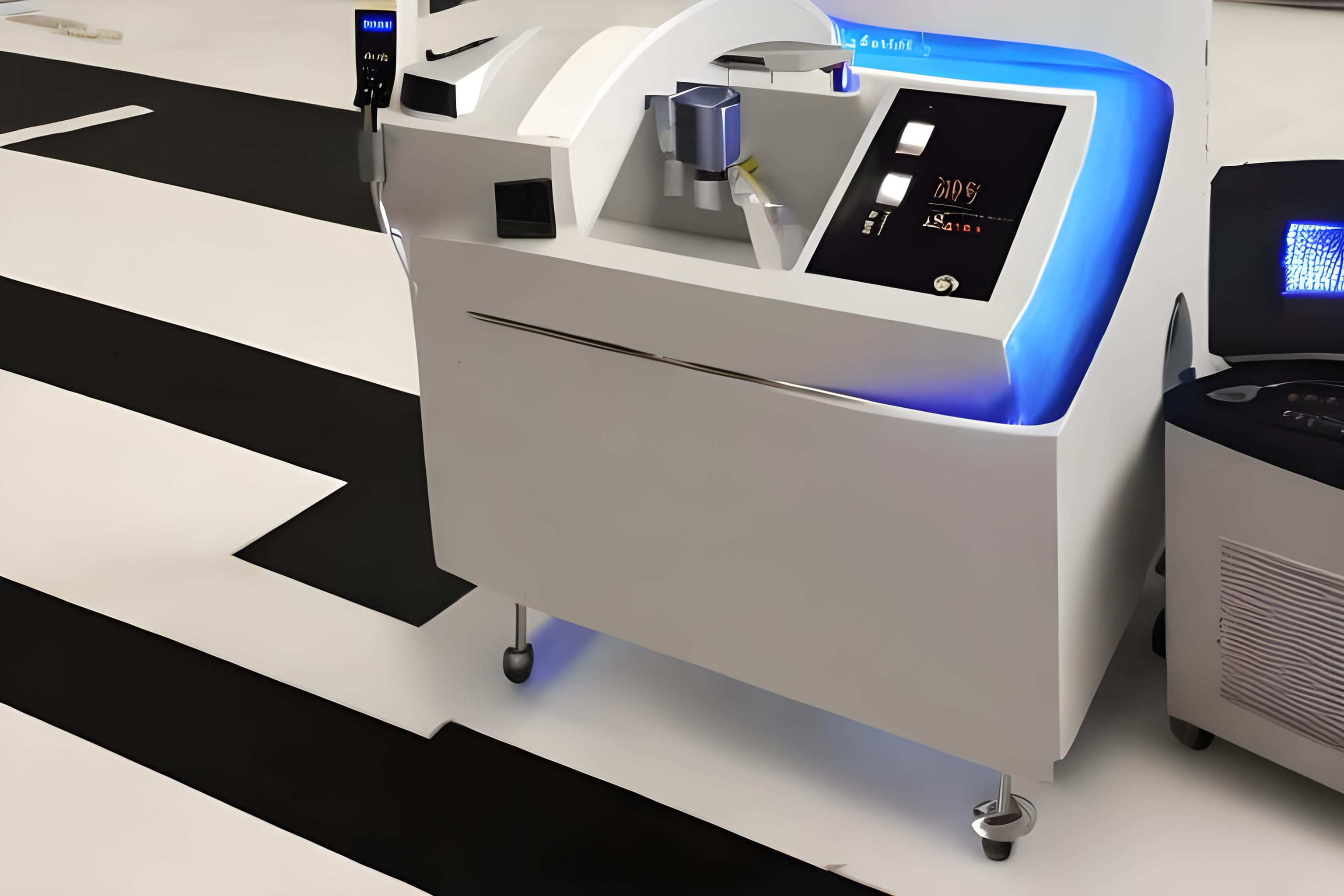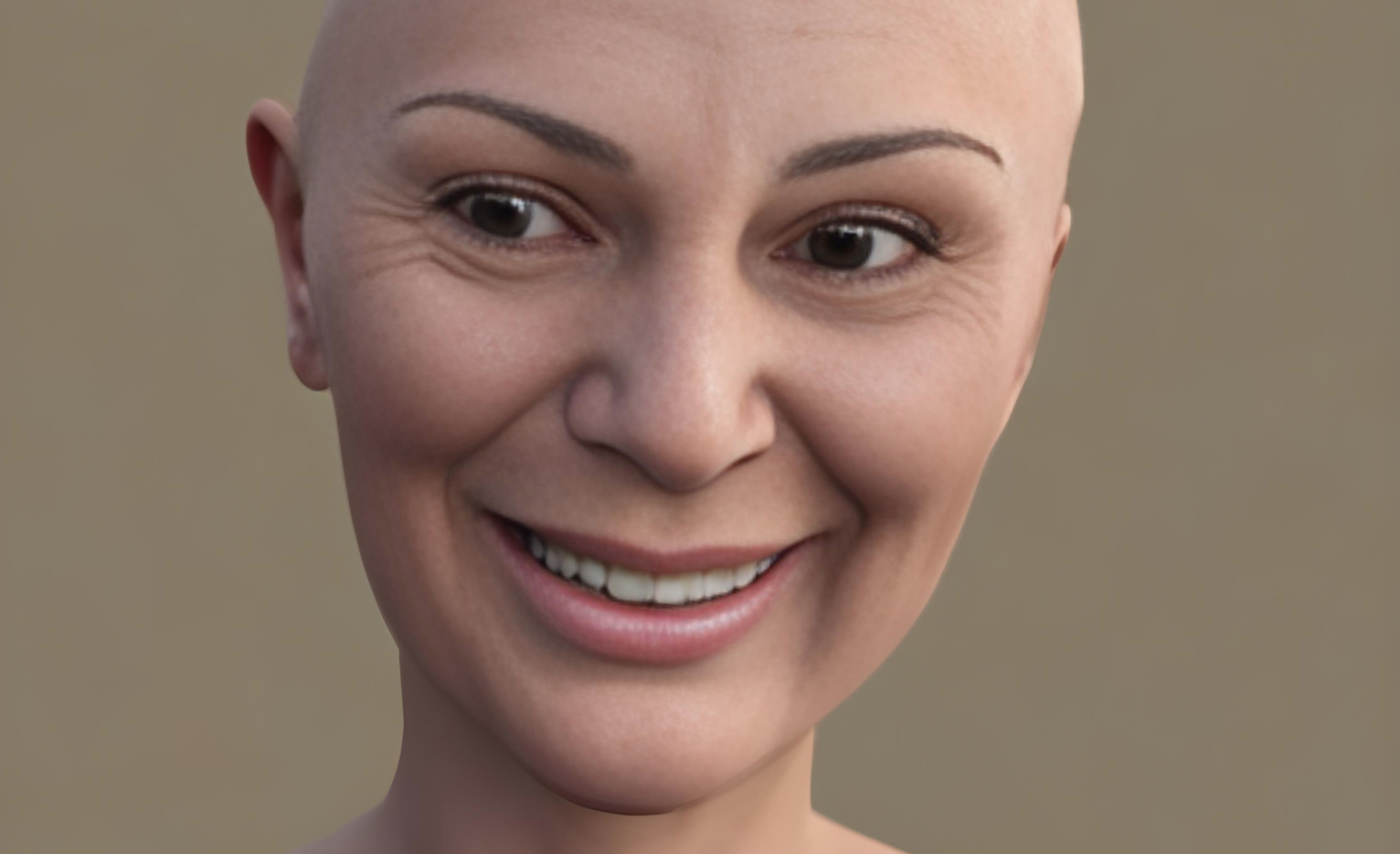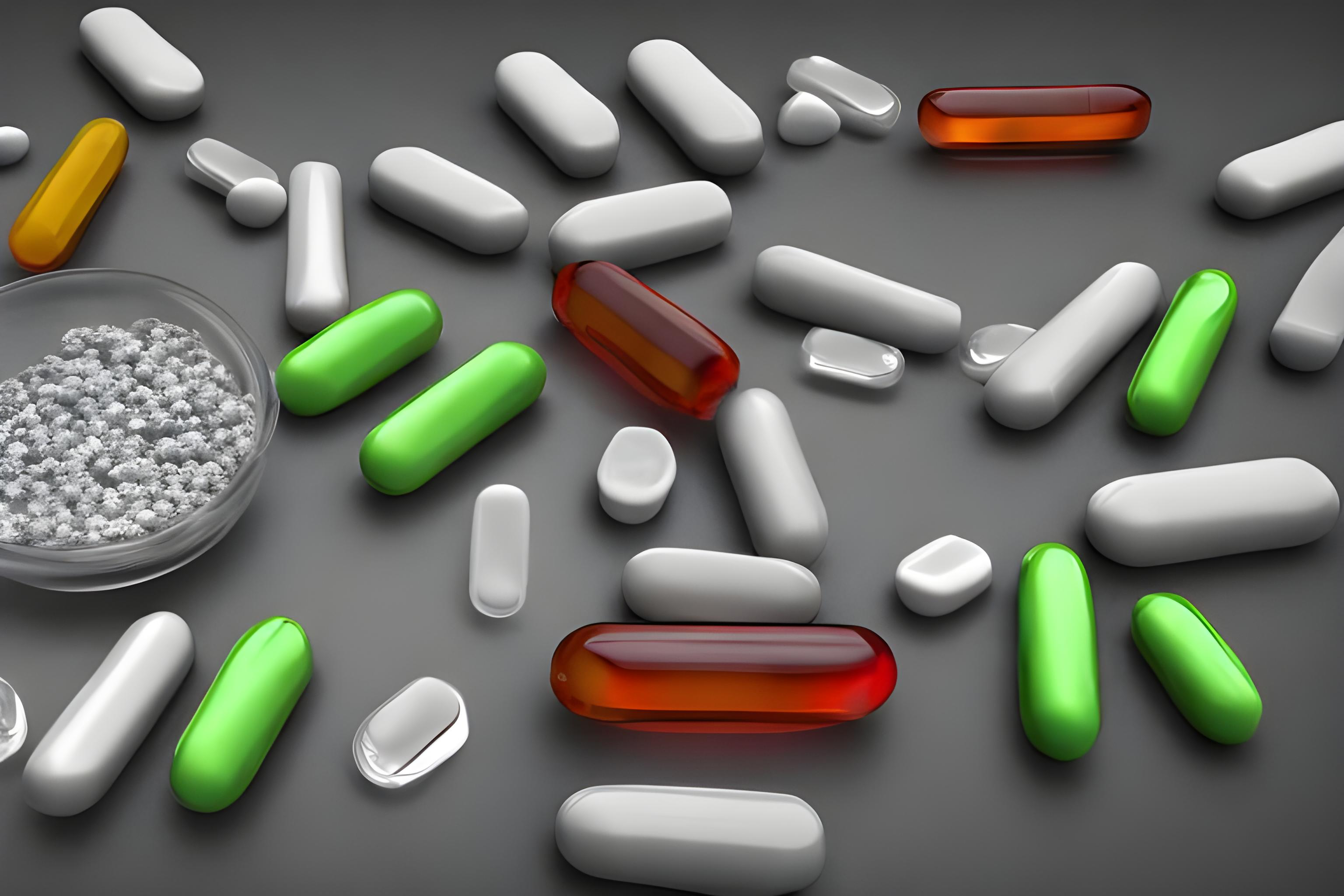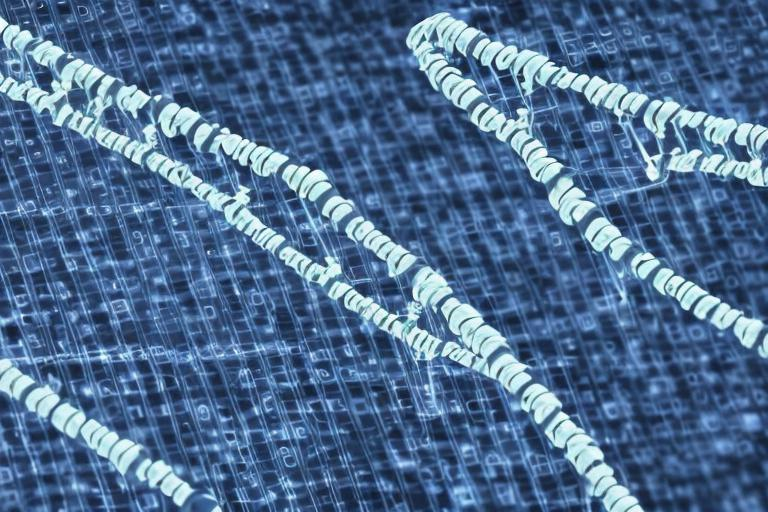
1 Photobiomodulation is radiation of red and infrared light that will interact with our body and modulate the biology of our cells.
The two main effects at the cellular level are:
- production of cell energy by the mitochondria at the level of the area where the device was applied. This Enregie will activate the cell and make it enter the cell cycle and allow regeneration of the treated tissue.
- the other effect is a decrease in local inflammation with a decrease in pro-inflammatory cytokines (proteins) and therefore an analgesic effect and acceleration of tissue repair. So we can obtain faster healing.
2 Also referred to as low energy laser. This non-ionizing photon energy has wavelengths between 600 and 900 nm, and low power. Therefore, this light heats up little and does not burn the skin. Moreover, there is no UV which is a risk factor for skin cancer.
3 Its lasers have no side effects or health risks. As a precautionary measure, specific glasses filtering this light are worn during the procedure.
4 What are the applications in the medical environment?
In oncology, it is considered as supportive care, many centers are equipped in France. It helps patients to heal more quickly after their surgery, helps to reduce local inflammation of the skin and mucous membranes as a consequence of the radiotherapy, they reduce neuropathic pain linked to chemotherapy (such as taxol in breast cancer or oxaliplatin in digestive cancers)
5 It can be used in dermatology, aesthetics, and dentists after dental care, for the treatment of pain (joint, muscle, tendon) in athletes to accelerate muscle recovery or accelerate the healing of tendonitis or muscle tears. Tennis champions, football champions, and marathon runners use this method like Mo Farah, Raphaël Nadal, and Christiano Ronaldo, in addition to other recovery tools like cryotherapy to relieve symptoms related to intensive training.
5 secrets to prevent cancer.
1- Stop smoking: We know that smoking is responsible for multiple cancers and not only that of the lung but also Orl, breast, esophagus, pancreas, and bladder cancer.
The smart thing would be to use nicotine substitutes or use electronic cigarettes or other natural solutions.
2- Calm down on alcohol: we know that starting from one drink, we increase the risk of breast cancer, colon cancer, liver, and pancreas.
There are alternatives in bars: non-alcoholic beer, non-alcoholic cocktails, and herbal drinks.
The smart thing to do would not hesitate in case of addiction to talk to your doctor, relaxing or anxiolytic treatments (benzodiazepines) can be prescribed. As well as vitamin B1 and B9 supplementation.
3- Overweight and Obesity: Being overweight is responsible for multiple cancers: Esophagus, colon, pancreas, breast, prostate, and endometrium.
The smart thing to do is to favor a healthy, unprocessed, balanced diet and practice sports.
4-You should practice physical activity: walking, cycling, the gym, yoga, pilates, and being active.
Our body needs this activity in addition to reducing fatigue, studies show that it prevents colorectal cancer, breast cancer, and endometrial, esophageal, kidney, and pancreatic cancer
The smart thing to do would be not to hesitate to do this practice with friends, in a group, or with a coach. It’s never too late to start exercising.
5- Food: favor a diet rich in fiber, and reduce processed products, especially charcuterie-type meats. Meats are rich in nitrites and nitrates increase the risk of colorectal cancer. A diet rich in fiber, such as vegetables, nuts, legumes (lentils, beans), and fruits reduces the risk of colorectal cancer.



